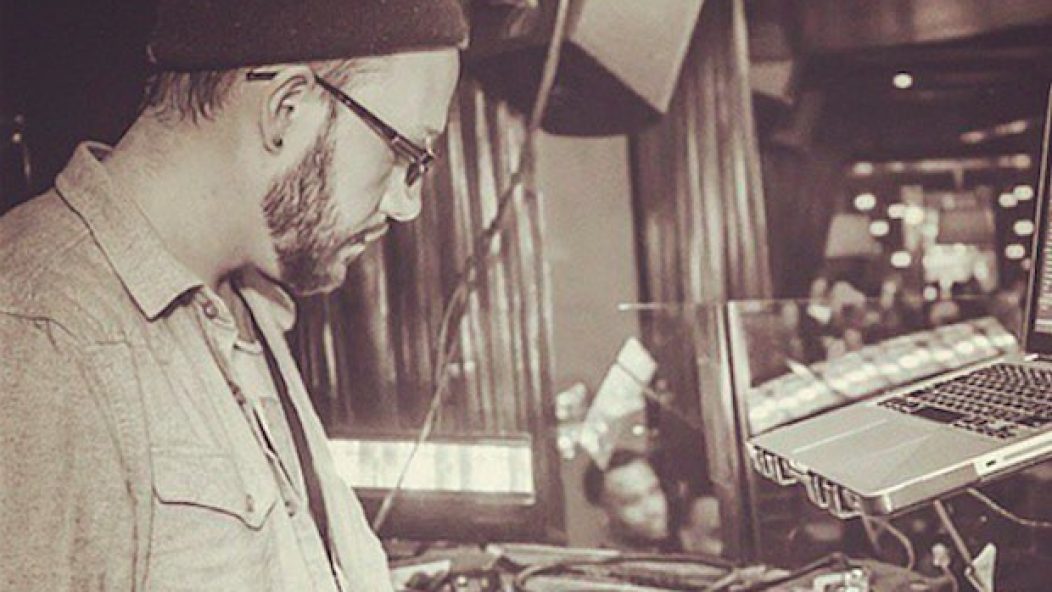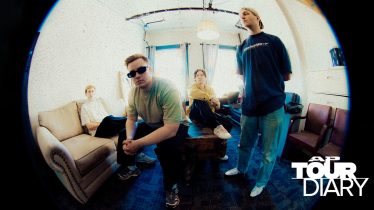
The story of a deaf DJ
Robbie Wilde is a DJ, who also happens to be deaf. VICE’s Sara Nović recently sat down with Wilde to talk about his incredible journey and how music is meant to be felt—not simply listened to.
[Photo courtesy of Robbie Wilde]
“I was born in the UK and my parents are Portuguese, so early on we moved to Portugal, and then we went to Venezuela. Then we came to the States in 1989,” he explained.
Watch: DJ trolls crowd with legendary fake drop
Wilde lost his hearing around the age of seven. “We went to the doctor and got the medicine, and I took medicine on and off for a year, because [the infections] were reoccurring. As immigrants, we didn't have the right resources, and I believe the medicine ran out because we didn't have health insurance. [My hearing] was damaged after that. I've got no hearing in my right ear, and 20 percent in my left.”
Despite his hearing deficit, he made it through school with little-to-no accommodations. “We never really made a big deal of it, and I didn't have hearing aids. This is my first one, which I got when I was 23.”
Wilde claims to have been around music his whole life, but DJing is what really piqued his interest. “The thing that got my attention was that it's a mechanism for creative control. My family had a restaurant when I was a teenager, and my dad let me do the music there one night. And it went so well that he was like, ‘Do it every week if you want.’”
Read more: Here are the highest paid DJs in the world
He soon began frequently performing and creating his own music, which people quickly caught on to. “I feel the emotion or mood of the song the same as everyone else, because that's what frequencies are. I can't hear the lyrics, but in a way the vocals of the person turn into another instrument, and you can feel the emotions behind that frequency.”
But why does he do it? “I want to prove that frequencies can be a form of communication, for all kinds of communities. I want to help build an integrated picture, with freedom of access for everybody,” he explains. “I don't want to build this bridge and then for there to be a tax at the end of it. And I mean that for any kind of discrimination; it goes beyond just deaf or hearing—its other disabilities, class, or race. It's total freedom.”










